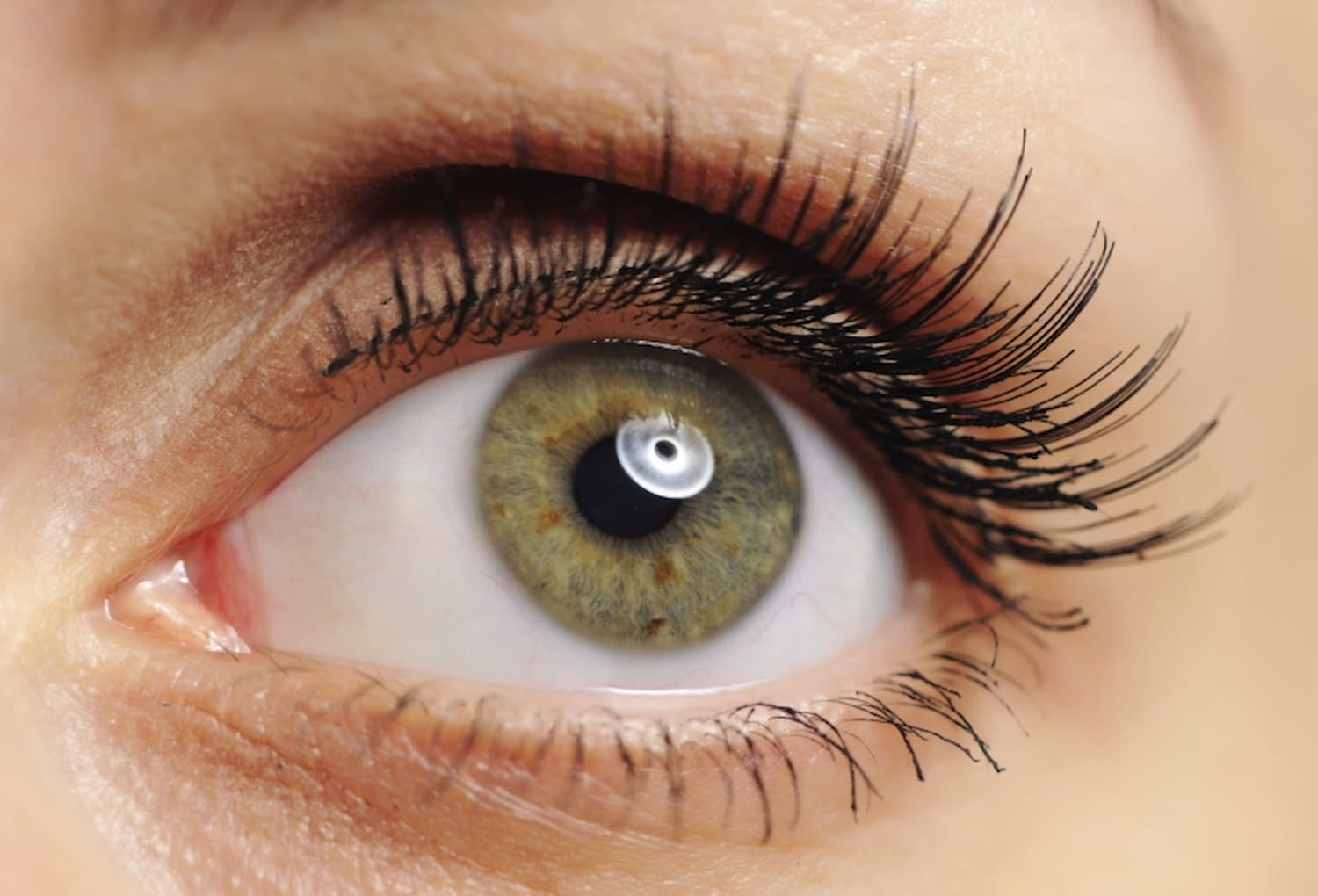
The eyes are one of the most important parts of the body, and most people fear losing their sight or having their vision deteriorate. The good news is that there are some foods that can help to protect the health of your eyes and ward off eye diseases such as age-related macular degeneration (AMD) and cataracts.
Essential Fatty Acids for Eyesight
Essential fatty acids, or EFAs, are fats that the body needs but cannot manufacture itself. Thus, they must be obtained from the diet. The two types of EFAs are omega 3 and omega 6. EFAs have been connected with the development of eyesight in infants, and deficiencies in adults can lead to impaired vision. If the deficiency is chronic, retinal or macular damage may result.
Omega-3 fatty acids may help to protect against dry eye syndrome. The body converts EFAs into prostaglandins which help the aqueous humor in the eye to drain and regulates the intraocular pressure. The best sources of omega 3s are cold water fish, olive oil and fish oil. On the other hand, lean meats, eggs, nuts, tofu and safflower oil are abundant in gamma-linoleic acid, which is a type of omega-6 fatty acid.
Lutein and Zeaxanthin for Eyesight
Lutein and zeaxanthin are compounds called xanthophylls. These xanthophylls are carotenoids and are found in the flesh and leaves of yellow and orange fruits and vegetables. Dark green, leafy vegetables have substantial amounts of lutein and zeaxanthin. Eggs also contain lutein in the yolk. Both lutein and zeaxanthin are found in high amounts in the lens and retina of the eyes and act as antioxidants to protect eyes from free radicals. They may also protect the eye by filtering out high-energy blue light, thus protecting the underlying cell layers from light damage. A diet rich in these xanthophylls may protect the eye from macular degeneration and cataracts.
Vitamin A for Eyesight
Vitamin A is important for eyesight as it helps to prevent night blindness. If you are deficient in vitamin A and have night blindness, it can lead to xerophthalmia, a condition that causes dryness in the eyes, corneal ulcers and swollen eyelids. If xerophthalmia is not treated, it can progress to blindness. Vitamin A has also been shown to help stop the formation of cataracts, and it may play a part in preventing blindness relating to macular degeneration. Kale, spinach, collards and other green vegetables have high levels of vitamin A and make up a balanced diet.
Vitamin C for Eyesight
Vitamin C in high levels can help to reduce the risk of cataracts. Cataracts are protein deposits that cause cloudy vision. The vitamin may also play a role in delaying macular degeneration. Vitamin C may also help to prevent and relieve glaucoma. A healthy diet that includes all kinds of citrus fruits, like oranges, limes, grapefruits and lemons, can help protect the eyes from free radicals and prevent vision loss.
Bioflavonoids for Eyesight
Bioflavonoids are compounds that give certain foods their colour and they often work as antioxidants. Any food that contains bioflavonoids will contain vitamin C as well. Bilberry is excellent for the eyes, as are citrus fruits and red and purple fruits. Bilberry is also used to treat diabetic retinopathy and macular degeneration.
Vitamin E for Eyesight
Vitamin E is an antioxidant vitamin that may be useful for eyesight as it has been shown to prevent cataracts, and it may be useful in preventing macular degeneration. This powerful antioxidant prevents oxidative stress, so it is considered an excellent tool for reducing the risk of eye disease. Fish, poultry, seafood, peanuts, almonds, sunflower seeds, mangoes, cranberries, black currants and leafy greens are some of the foods rich in vitamin E.
Source: infographicnow.com
Minerals for Eyesight
For proper retinal function and the ability of the eyes to adapt to the dark, a diet with high levels of zinc is required. A zinc deficiency may lead to cataracts, and zinc has been used for the specific purpose of reducing the development of age-related macular degeneration. Zinc also helps the body to absorb vitamin A. Selenium is another mineral that helps the body to absorb vitamin E. Copper is also used to help reduce the development of a variety of eye conditions. Both garlic and onion have healthy levels of zinc and other antioxidants that protect the retina from oxidative damage. They also have healthy amounts of fibre and anti-inflammatory benefits. Sesame and sunflower seeds are also high in zinc and include B-vitamins, which help maintain healthy cell metabolism, which is necessary for retinal health.
Maintaining good vision throughout life requires making healthy dietary choices and avoiding harmful foods like fatty meats, which can lead to unhealthy cholesterol levels and eventually blindness. If you want to start overhauling your pantry, working with a qualified nutritionist in your area is the first step.
Originally published on Jun 01, 2008








